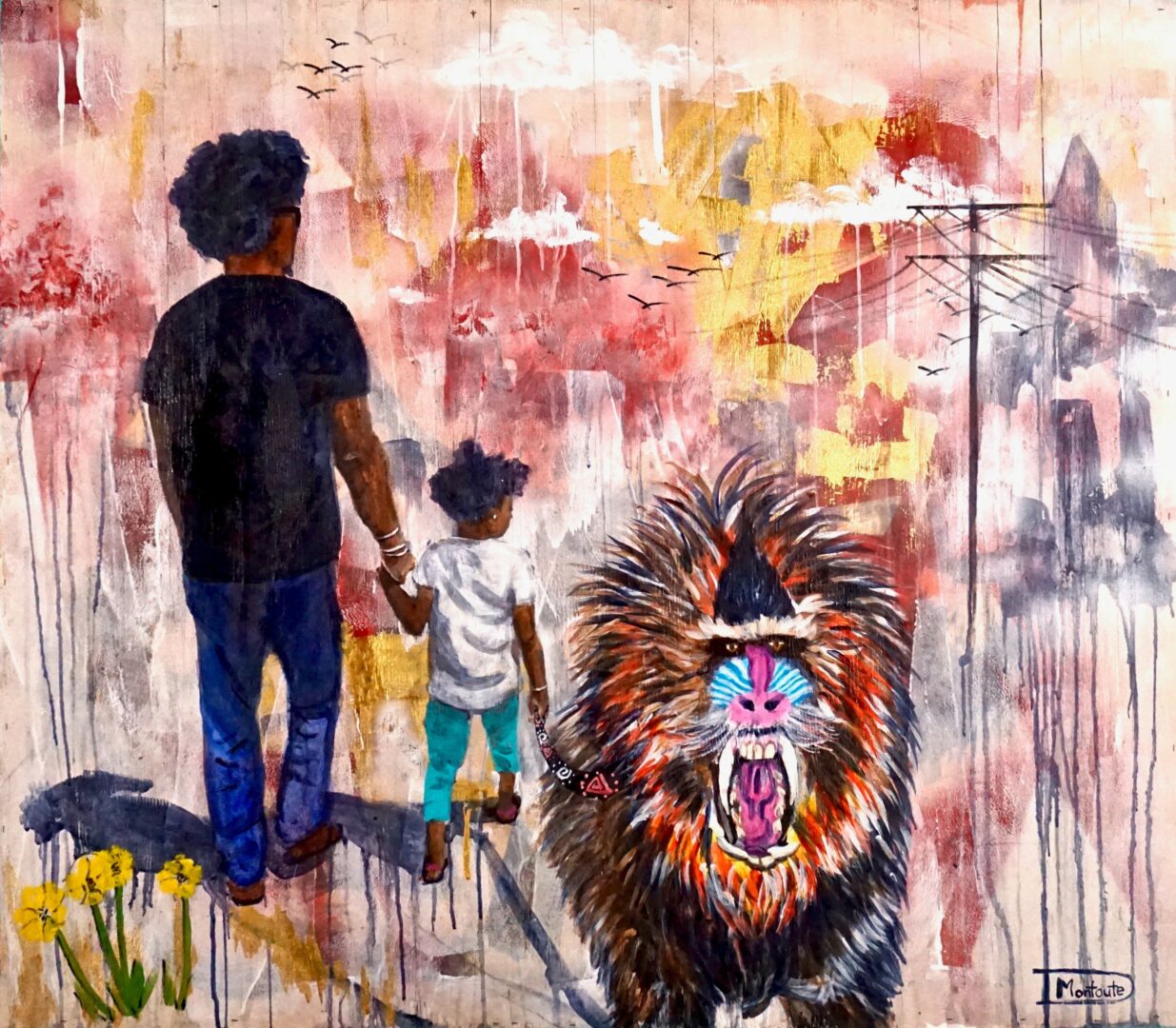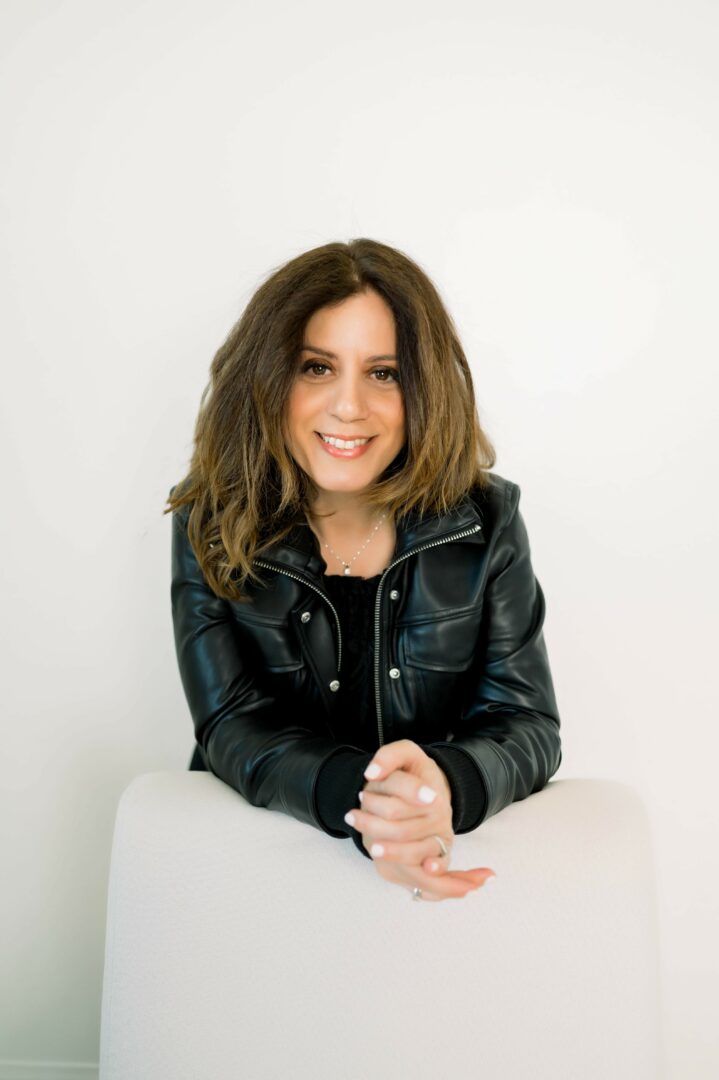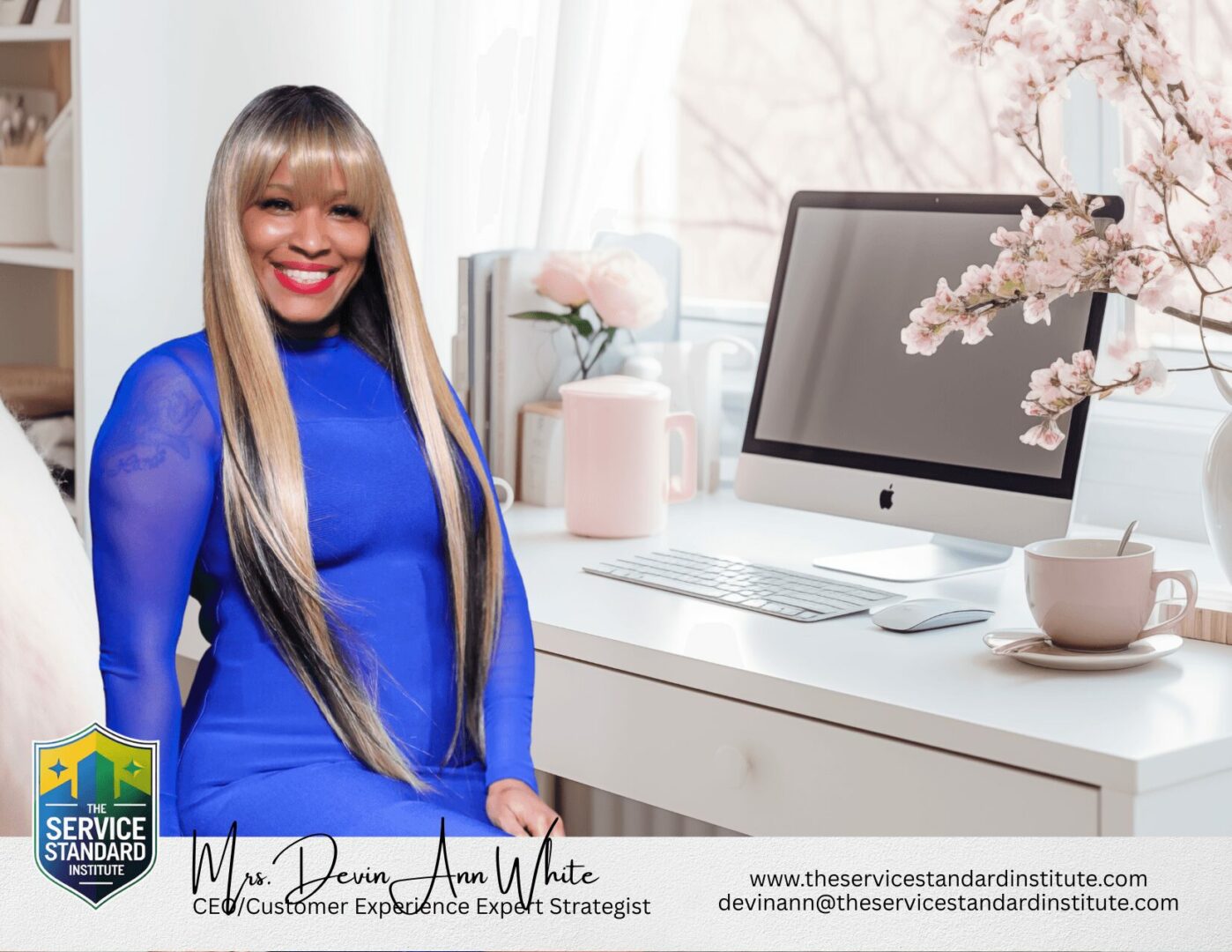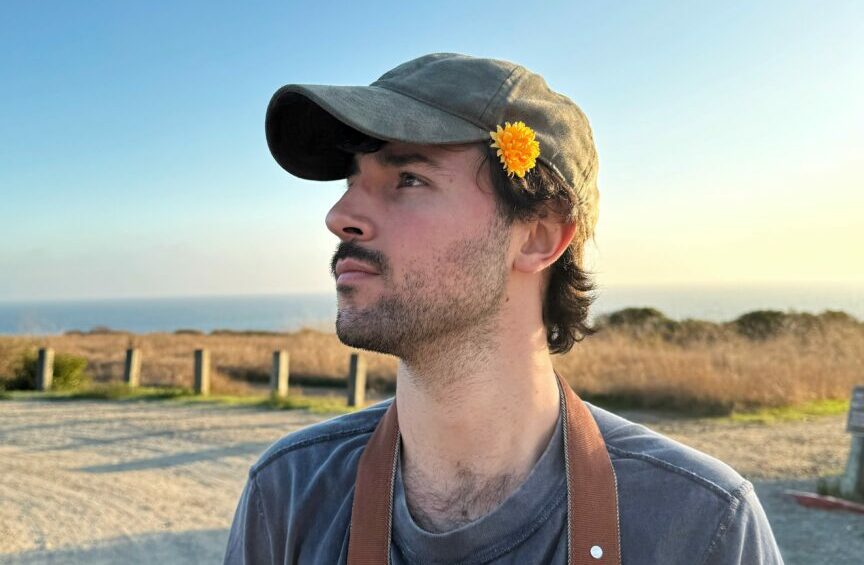We’re excited to introduce you to the always interesting and insightful Daniel Montoute. We hope you’ll enjoy our conversation with Daniel below.
Daniel , thank you so much for joining us today. Let’s jump right into something we’re really interested in hearing about from you – being the only one in the room. So many of us find ourselves as the only woman in the room, the only immigrant or the only artist in the room, etc. Can you talk to us about how you have learned to be effective and successful in situations where you are the only one in the room like you?
Early in my career, I often found myself in rooms where the path to success was narrow. Whether in a gallery or a civic meeting, the models were rigid. They understood an artist or an entrepreneur, but not an artist committed to building civic infrastructure as part of their creative practice. The system was not designed to contain that vision. Being the only one in the room was not just about appearance; it was about the singularity of the mission.
I realized that trying to convince those rooms to change was a waste of energy. My effectiveness would not come from getting a seat at their table. It would come from building a new table, one with a stronger foundation and more seats.
That realization was the genesis of Montoute Arts, a cultural enterprise designed to build the systems I saw missing. Instead of just seeking exhibitions, I began building platforms. Our first major initiative is New Horizons, a talent investment platform for emerging artists. It is not just a show; it is a piece of infrastructure that provides visibility, professional development, and a connection to the market. It operates on a civic investment model, where a portion of sales directly funds our housing partner, reStart Inc. We are proving that a strong cultural platform can be a sustainable, revenue generating engine for social good.
True effectiveness, for me, comes from creating my own center of gravity. It is about owning the platform, defining the terms, and building a self sustaining ecosystem where creative work and community investment are one and the same. Success is no longer being in the room; it is building the room.
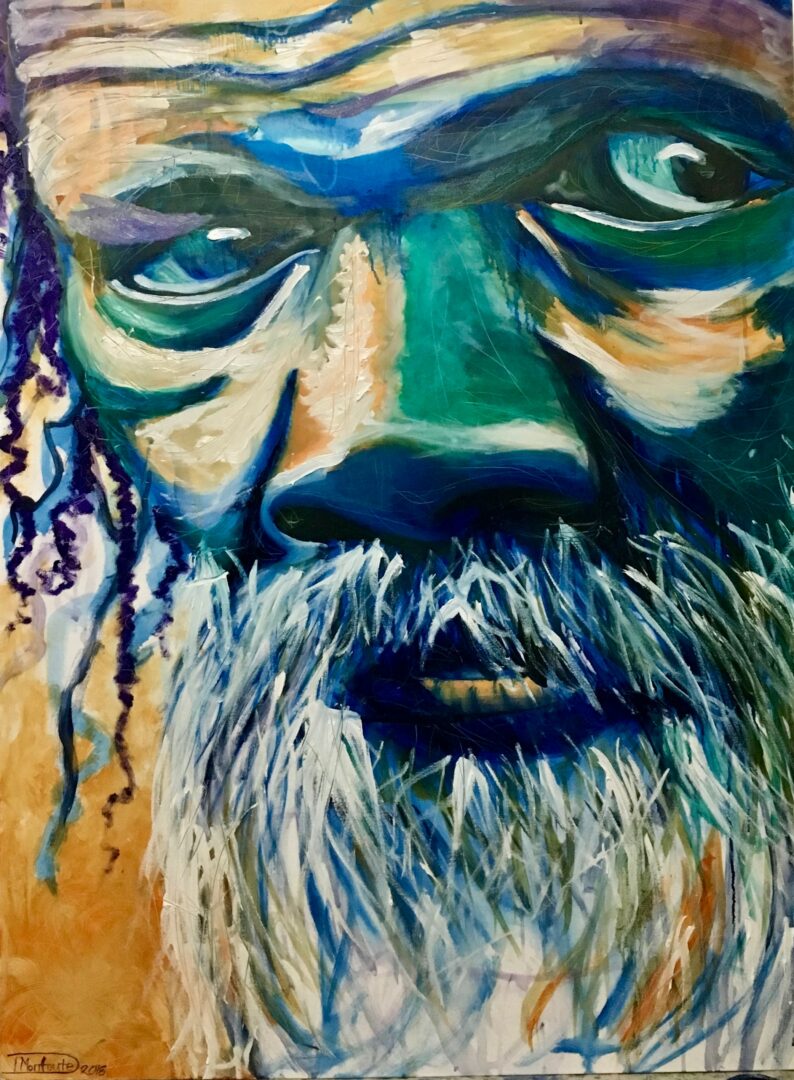
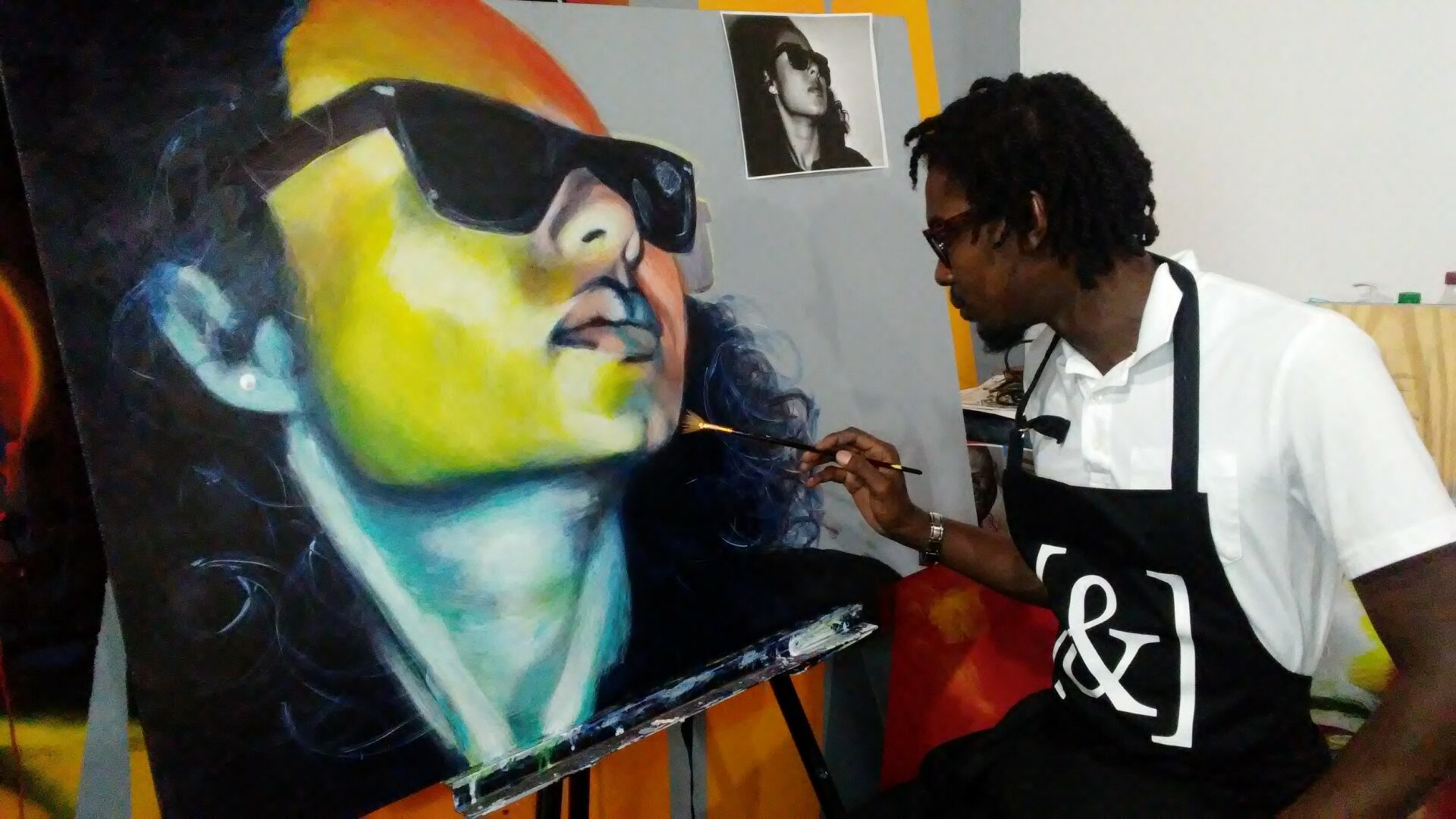
Appreciate the insights and wisdom. Before we dig deeper and ask you about the skills that matter and more, maybe you can tell our readers about yourself?
I am a painter and the founder of Montoute Arts. The two roles are inseparable. My paintings are large scale works that examine the politics of displacement and the aesthetics of resilience, built through a physical process of construction and excavation. But I realized early on that the work itself is only half of the equation. Montoute Arts is the cultural enterprise I founded to build the infrastructure for that work to live in the world. We build the platforms and systems that connect critically engaged art to the center of civic and economic life.
What is most exciting to me is proving a new, more resilient model for the creative economy. We operate on the thesis that culture can be a powerful, self sustaining engine for community investment. I’m focused right now on a new event called Rōstrum Reframed, which launches this November. It is a one night pop up installation of my avian paintings, but it is also a strategic experiment. We are intentionally presenting the work in a nontraditional wellness space to test a new direct to collector model and explore how art functions outside of the traditional gallery. This event is a tangible example of the innovative, hands on approach Montoute Arts is built on. It is a live case study that shows we are not waiting for the market to come to us; we are actively building it
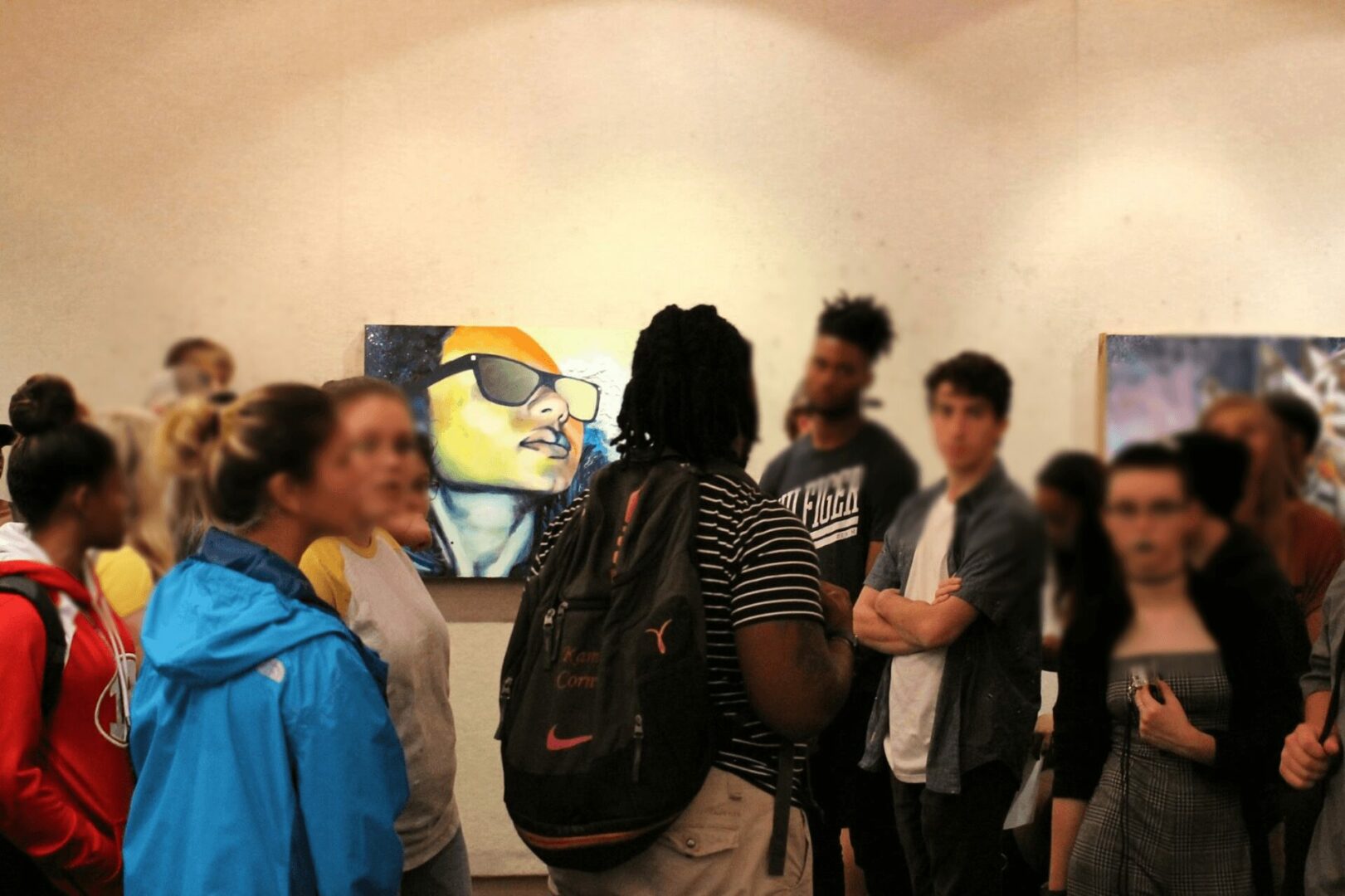
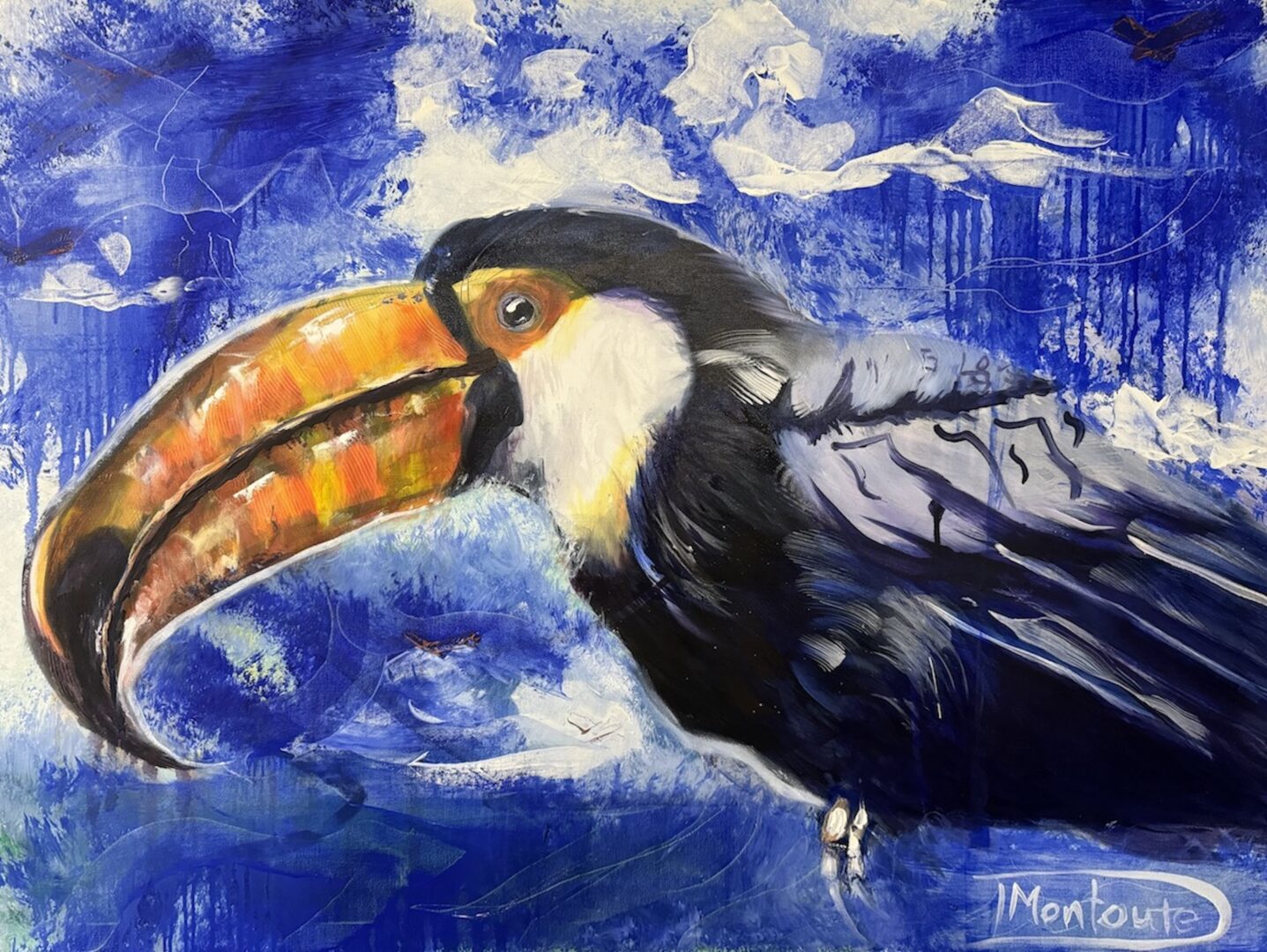
If you had to pick three qualities that are most important to develop, which three would you say matter most?
Looking back, the most critical skills were the ones that bridge the creative studio with the operational boardroom. It boils down to three areas: Systems Thinking, Material Rigor, and Narrative Discipline.
Systems Thinking
First is Systems Thinking. It’s not enough to be a great painter; you have to understand the economic and social systems your work operates within. I had to see my practice not just as making objects, but as a cultural enterprise with a business model that could solve problems. The most impactful shift was learning to view my art and the platforms I build for it as interconnected parts of a larger, self sustaining ecosystem.
My advice for those starting out is to become financially literate. Read business plans as often as you read art theory. Understand how your city’s budget works. Learn to see the entire board, not just the piece in front of you.
Material Rigor
Second is Material Rigor. Your intellectual framework must be backed by a product of unassailable quality. The art object itself has to be undeniable. For me, that means a deep, obsessive focus on the physical process of construction and the inherent history of the salvaged materials I use. This commitment to craft is what gives the final asset its integrity and value.
The advice here is to go deeper than anyone else on your chosen craft. Become the world’s leading expert on your specific materials and process. The quality of your work is the foundation of your entire enterprise; make sure it is solid rock.
Narrative Discipline
Finally, there is Narrative Discipline. You must be able to articulate your what, how, and why with surgical precision. Building a compelling and consistent story around your work and your enterprise is as important as the work itself. This story is what connects your art to collectors, your enterprise to investors, and your mission to the community.
My advice is to treat language as a primary material in your practice. Write your artist statement, your business plan, and your elevator pitch constantly. Refine them. If you cannot control your own narrative, the market will create one for you, and you will not like the results.
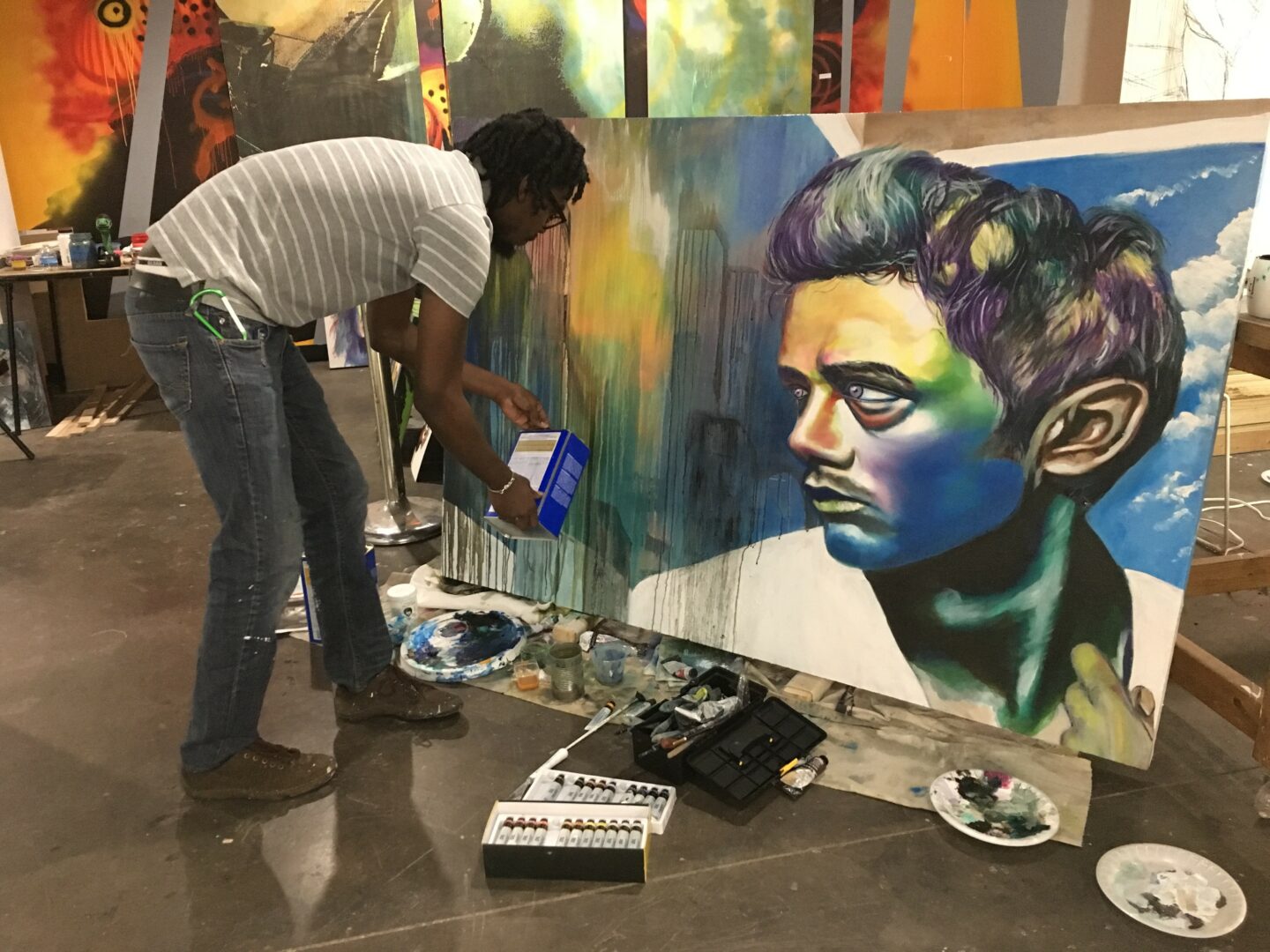
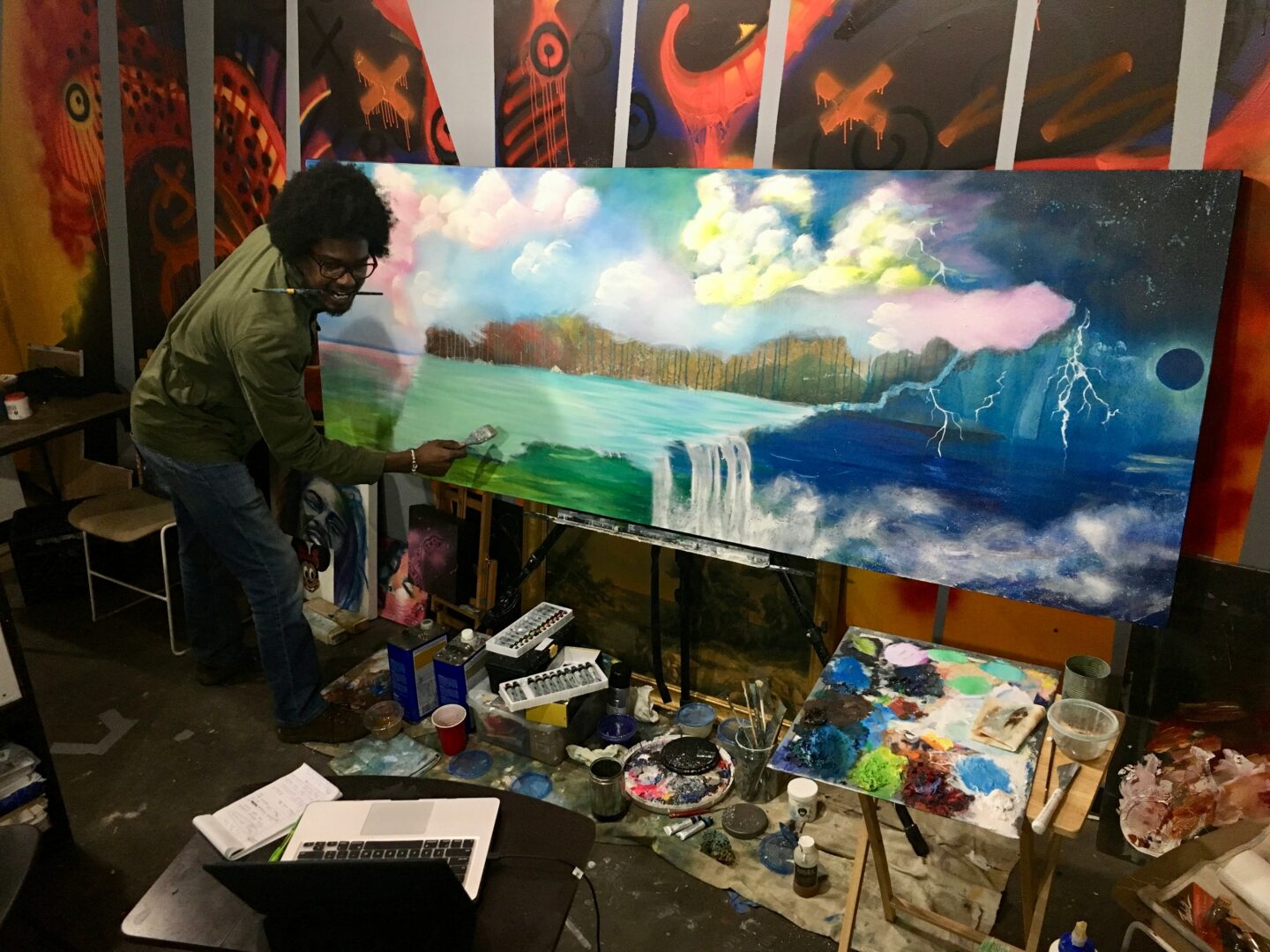
How can folks who want to work with you connect?
My business model is built on strategic collaboration, not on a singular vision. We are actively seeking partners who understand that investing in a cultural enterprise is a powerful, de-risked asset class. On the capital side, we are looking for investors, CDFIs, and family offices who are aligned with our double-bottom-line model of creating both financial returns and measurable social impact. On the civic side, we seek community leaders and organizations who are focused on neighborhood revitalization and see our work as a tangible solution for building a more resilient city. Finally, we are always open to connecting with best-in-class creative talent, including world-class architects and master craftsmen, who share our obsessive commitment to material rigor and the creation of landmark properties. The best way to begin a conversation about these opportunities is to connect directly through my website, danielmontoute.com where you can learn more about our specific projects and the vision behind our work.
Contact Info:
- Website: https://danielmontoute.com
- Instagram: https://www.instagram.com/iamdanielmontoute
- Facebook: https://facebook.com/iamdanielmontoute
- Linkedin: https://www.linkedin.com/in/daniel-montoute-4405a6126

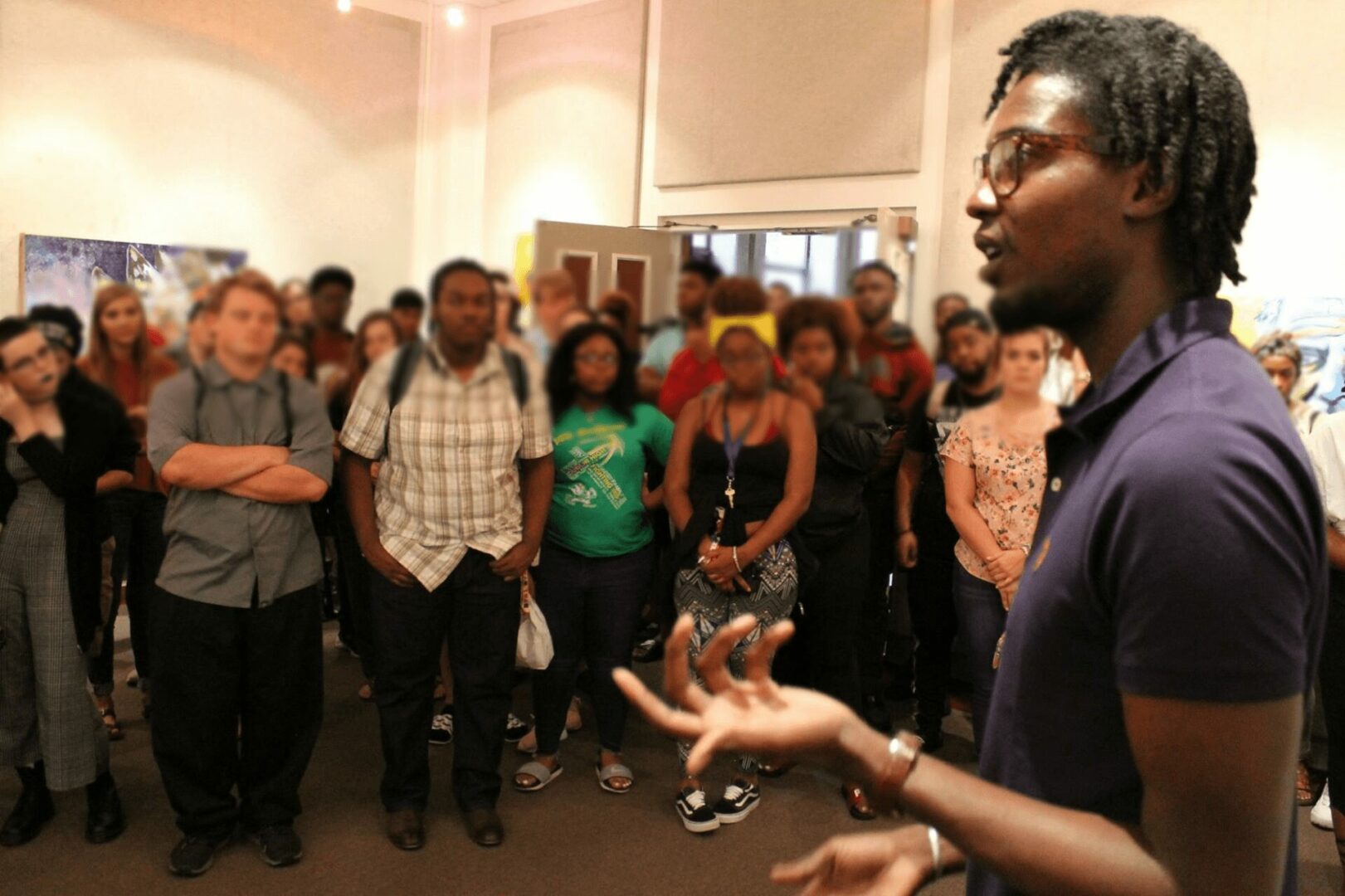
so if you or someone you know deserves recognition please let us know here.

